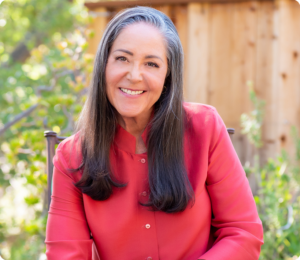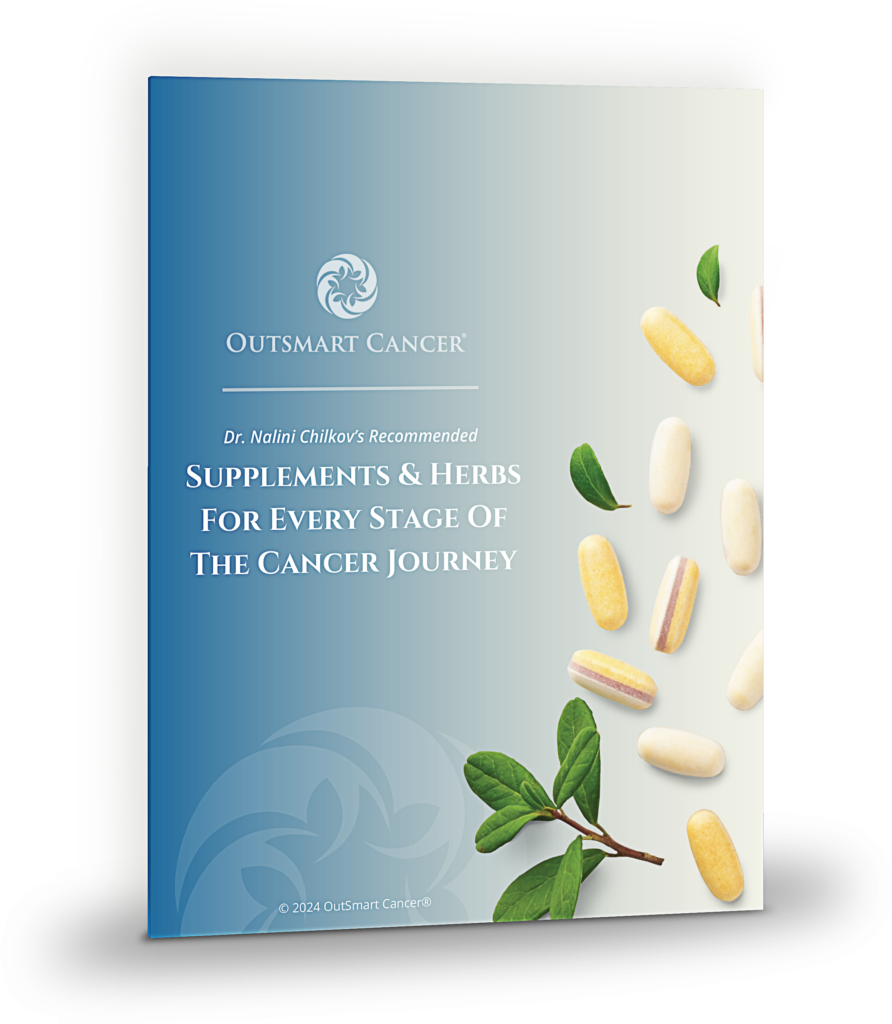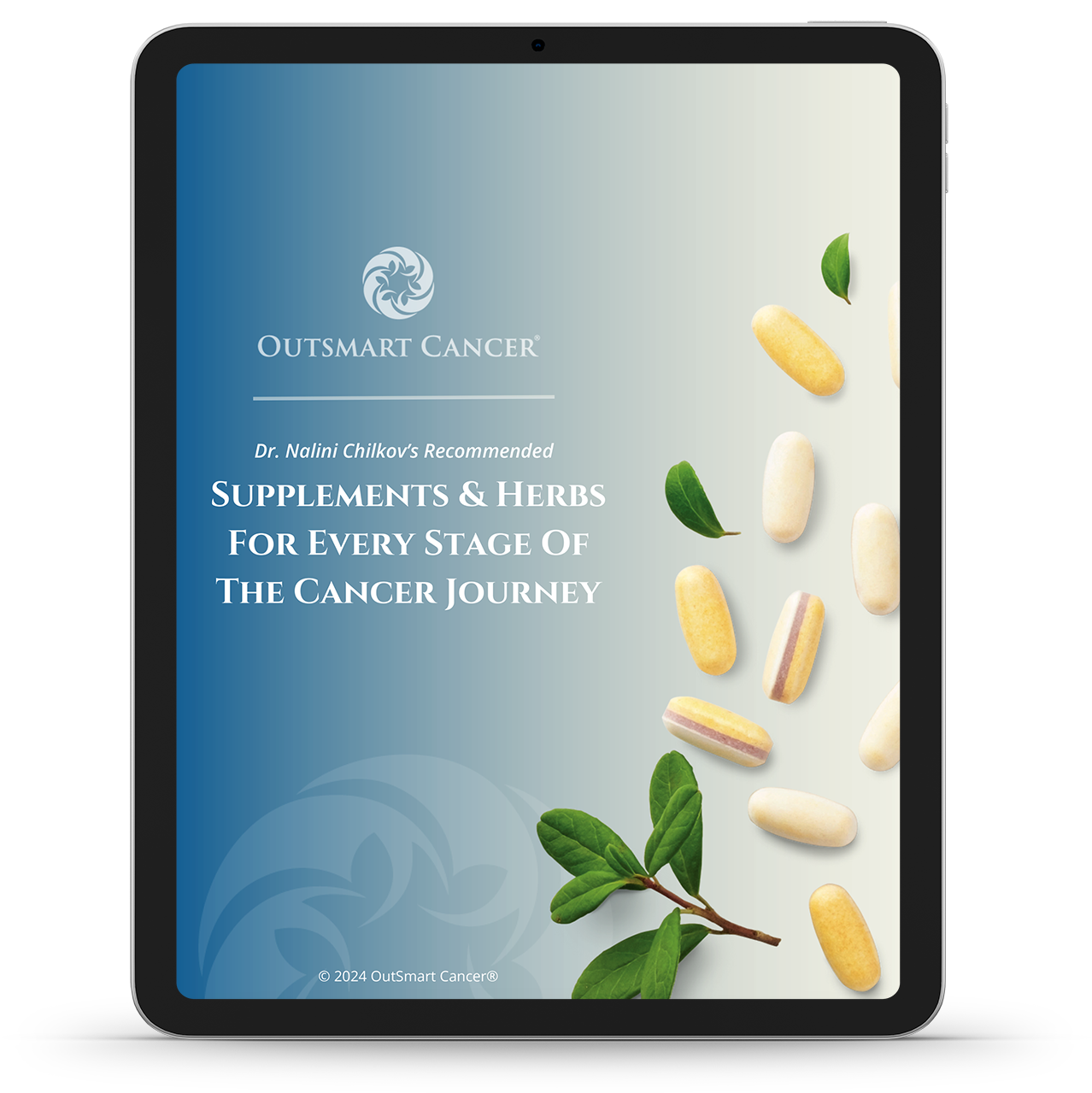
Vitamin D can reduce your risk of the flu and complications of flu. Vitamin D contributes to lowering the incidence of infections and inflammation during the fall-winter flu season. The Canadian government has recommended increased Vitamin D intake as part of their flu prevention strategy, including prevention of H1N1 Swine Flu.
Vitamin D can reduce your risk of depression. Low levels of Vitamin D are associated with depression. Sun exposure is known to be a factor in relieving depression, especially winter depression also known as seasonal affective disorder.
Vitamin D can reduce chronic muscle aching and pain. Vitamin D helps to normalize blood calcium which is required for tight shortened muscles to soften, lengthen and relax out of spasm. When calcium is available to the muscles, menstrual cramps lessen.
Vitamin D can reduce your risk of cancer. Low levels of Vitamin D are associated with increased incidence of many cancers. Vitamin D normalizes cell to cell communication, impacts uncontrolled cell growth and allows cells to differentiate into normal cells with a normal life cycle.
Vitamin D can reduce your risk of cardiovascular disease, stroke, heart attack and atherosclerosis. Vitamin D has been shown to protect the lining of your blood vessels.
Vitamin D can reduce your risk of developing Type 1 Diabetes by 80%. Low levels of Vitamin D are found in diabetics.
Vitamin D can reduce your risk of getting autoimmune diseases like Multiple Sclerosis, Rheumatoid Arthritis, Hashimoto’s Thyroiditis, Inflammatory Bowel Disease and Lupus. Low levels of Vitamin D are associated with increased auto- immune attack, breakdown of your own tissues and loss of normal functions. Vitamin D supplementation has been shown to reduce the risk of multiple sclerosis by 40%.
Vitamin D can reduce your risk of bone fractures, bone loss and osteoporosis. Low levels of Vitamin D prevent your body from normal calcium metabolism and normal bone formation. Both men and women are at increased risk for bone loss and fractures as they age.Did you think your body could make Vitamin D??
While the body can make Vitamin D when the skin is exposed to sunlight, modern life affords inadequate sun exposure to meet our Vitamin D needs.
Dark skinned people make less Vitamin D than those with light skin.
Aging skin makes 75% less Vitamin D than young skin.
Use of sunscreens blocks Vitamin D production in the skin.
Most people living modern life spend a larger proportion of their time indoors and with most of their skin surface covered by clothing or sunscreen when outdoors.
Ask your doctor to check your blood levels of 25-OH Vitamin D (Vitamin D3)
Blood levels of Vitamin D3 associated with OPTIMAL HEALTH are in the range of 55-80 nmol/L, far above the “normal” ranges of the past decades before the recent surge of Vitamin D research changed our understanding of this essential vitamin.
Vitamin D rich foods include cold water fish such as wild salmon, wild cod and sardines and cod liver oil. However, it is difficult to regularly eat enough of these foods to build up your Vitamin D stores.
Get some sun exposure on your skin without sunscreen for 20-30 minutes in the morning or late afternoon. Do use sunscreen during the midday to protect your skin.
Be sure to take the correct biologically active form of Vitamin D which is Vitamin D3 (cholecalciferol), not Vitamin D2.
Be sure to get retested to monitor your Vitamin D levels. A thorough health care provider will also monitor your blood levels of calcium and phosphorus and parathyroid hormone and may also monitor your urine for evidence of bone loss or order a bone density test.
Please do so under the supervision of a knowledgeable health care provider who can assess the risks and benefits of Vitamin D supplementation and recommend the appropriate dose for you as an individual, taking into account your complete health history and any current medications.




